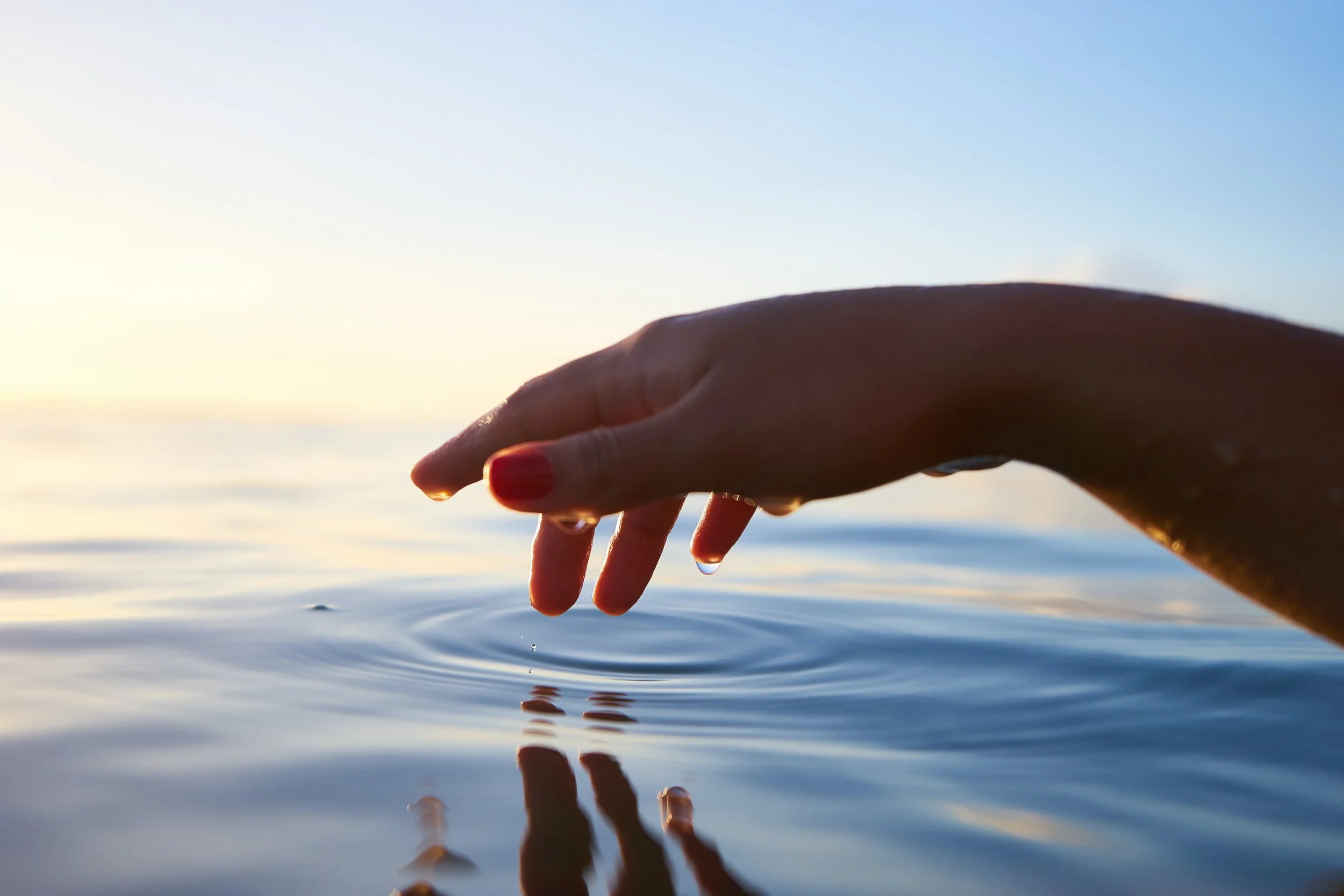Purity Culture - What Remains 30 Years Later?
by Lela Altman
Was purity culture a reaction to a changing dynamic between men and women? Or a thinly veiled ploy, designed by a handful of white Christian males, to exert control? Or an excuse to vilify anyone who didn’t fit sexual and/or gender norms at the time? Whatever the cause(s), it’s left a legacy of guilt and shame, impacting the mental and sexual health of countless people.
The late 1960’s and early 1970’s marked the beginning of the feminist movement and the sexual revolution. For the first time in recent human history, women were empowered to collectively challenge gender roles in the workplace, politically and sexually. Also during this time, the advent of the birth control pill finally gave women a reliable tool that could separate sex from procreation.
The 1980’s brought more demand for equality in many forms. It was also a time of materialism, MTV, and Reaganomics. But perhaps the worst legacy of that decade was the arrival of a horror called AIDS, which gripped the world with shock, fear and, ultimately, grief.
As tens of thousands of people died from HIV, some members of the Christian right began to decry homosexuality itself as deadly, declaring that AIDS was a sign from God about “right and wrong” sexuality. All of this set the stage for the birth of “Purity Culture”. The Southern Baptist Convention was at the forefront of the movement, launching a “True Love Waits” campaign in 1993. The campaign utilized youth conferences, youth groups like Young Life, father-daughter “purity pledge” weekends, preachers, books, purity rings, and parents to advocate for abstinence before marriage. Parents became fearful that teaching about sex would lead to sex, so they pulled their children from school-based sex-education classes. The message was clear – sex outside of heterosexual Christian marriage was “impure” and shameful. Furthermore – doing so put both God’s love and parental love at risk.
A few decades have passed and the peak of the purity culture of the mid 90’s (2.5 million teenage adherents worldwide) is over. Even so, purity culture still exists, in that shards large and small of its ideology remain embedded in many people. The result is overwhelming feelings of shame and guilt about sex that some people cannot escape. Research shows that women who experienced purity culture as teens often express the same amount of self-hatred and shame in adulthood that sexual abuse survivors do — even in cases where no sexual abuse or assault occurred. For these women, the subject of sex is traumatic.
If any of this strikes a chord of pain for you, or raises more questions than answers, it may be time to confront some of your ingrained beliefs. It can be hard to challenge ideas that you’ve been taught by people whom you trusted. But healing from purity culture can also be a beautiful journey from sexual shame to sexual acceptance and pleasure. It can be an opportunity to befriend your body and listen more closely to its feelings and desires without judging them as “good” or “bad”. It can be an opportunity to rewrite your own ethical code – one that is more inclusive of the variety of desires and genders and sexual identities that exist.
Working with a trained therapist can be a great place to start on your journey toward healing. You can also start the process on your own through reading and journaling with reflective questioning.
Some self–exploratory questions:
What was I taught about gender roles? How did I learn this? What do I believe now? Have my feelings evolved since my childhood?
What values regarding sex were taught to me by my parents, teachers, religious leaders and what were actually modeled by them?
What sexual activities were considered acceptable by the above people, and in what context?
What is my current comfort level in expressing my sexual needs and desires to my partner?
What emotions rise to the surface when I think about sex?
What were the spoken and unspoken attitudes about LGBTQIA+ in my community?
(If you identify as LGBTQAI+), how do I feel about my identity?
(If you identify as cisgender / heterosexual )- how do I feel about people with an LGBTQAI+ identity? What was I taught about people with and LGBTQAI+ identity vs. what I know to be true or now believe?
Recommended Reading:
Come As You Are by Emily Nagoski
Healing the Shame That Binds You by John Bradshaw
If you would like to discuss purity culture and the impacts on your mental health with a therapist please feel free to reach out today.
Want to chat with someone about your experience?
Our team can help you dive into purity culture’s impact on you and your mental health.



